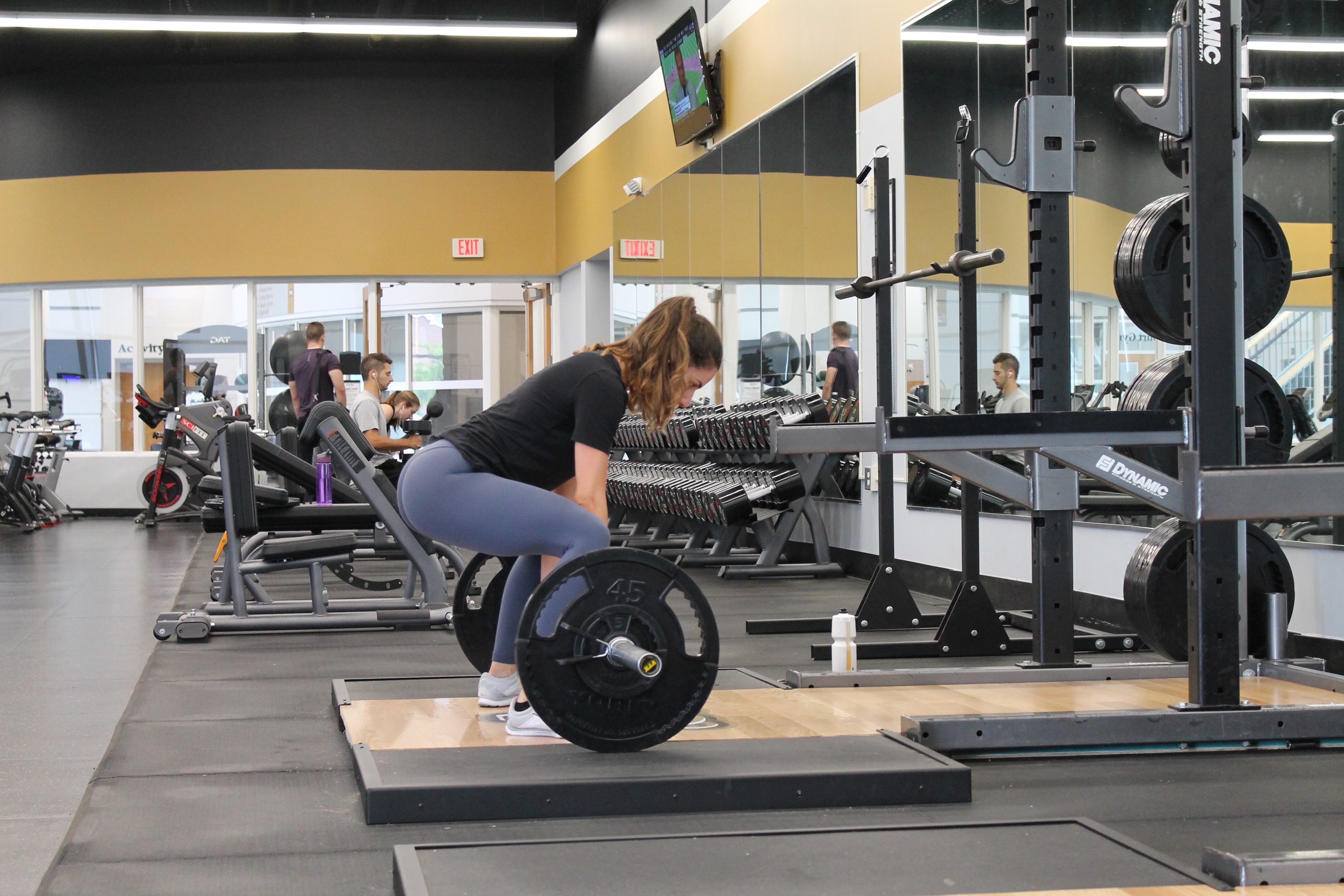
Tough and clever training makes for one half of an athlete’s body. The other half is achieved by healthy as well as goal-oriented nutrition. If you would like to be faster, stronger or – alternatively – more persistent, lose fat or to build muscles, your diet needs to play a key role.
By consuming a healthy and well-considered meal approximately between one and two hours before you exercise, in addition to another healthy, well-rounded meal between one and two hours after you finish exercising, most individuals can meet their workout nutrition goals without anything else.
Put another way, if you’re a person who is healthy and exercises regularly, you may not need any special fitness workout nutrition strategies. However, if you’re an athlete, you will have special needs:
- An endurance athlete trains for high-level competition. They log a lot of high-intensity miles each week. If you fall into this category of athletes, your carbohydrate as well as calorie needs are likely to be higher. You could also add a protein drink during your training.
- A bodybuilder lifts weights with genuine muscle growth in mind. Bodybuilders want to gain weight which means that their protein and calorie needs are likely to be higher than another type of athlete. You could also add a protein drink during your training.
- If you’re getting ready for a fitness competition you’ll be accumulating a lot of exercise hours. You’ll be trying to drop to a single-digit body fat percentage. For you, carb intake should be lower. You’d benefit from the performance-enhancing, muscle-preserving essential amino acids (EAA) during your training.
Protein requirements for training
Protein has been deemed to be a key nutrient for fitness success it plays a significant role in the response to exercise and physical activity. Amino acids that are absorbed from proteins are the building blocks in the:
- Manufacturing of new tissue including muscle, as well as
- The repair of old tissue.
In addition, amino acids are the building blocks for hormones as well as enzymes which are responsible for regulating metabolism in addition to other body functions. Protein provides a tiny source of fuel for the muscle which is exercising.
Carbohydrate requirements for training
Carbohydrates provide an important, but relatively short-lived, supply of fuel for exercise. The storage depots, in the format of glycogen, must be refilled each day from carbohydrate-rich foods in the diet.
General goals can be provided for carbohydrate needs. These are based on the each individual’s size and the demands of their training programme. When the gap between training sessions is less than approximately eight hours (as when someone trains twice daily), the intake of carbohydrates should start as soon as possible after the first session in order to maximise the effective recovery time.
During longer recovery periods (such as 24 hours), the pattern as well as timing of carbohydrate-rich meals in addition to snacks does not appear to be critical. These can be organised according to what is practical and comfortable for each person. Given the amount of carbohydrates that may need to be eaten, it will be necessary to spread out high-carbohydrate foods over the entire 24 hours.
It is optimal to select nutrient-rich carbohydrates as well as to add other foods to recovery meals and snacks in order to provide a lot of protein and other nutrients. Those nutrients may help in other recovery processes and, for example with protein, may encourage additional glycogen recovery when the intake of carbohydrates is below fuel intake targets. Sufficient energy intake is also crucial for optimal glycogen recovery. The restrained eating practices of some athlete, particularly women, make it difficult to meet carbohydrate intake targets as well as to optimise glycogen storage.


